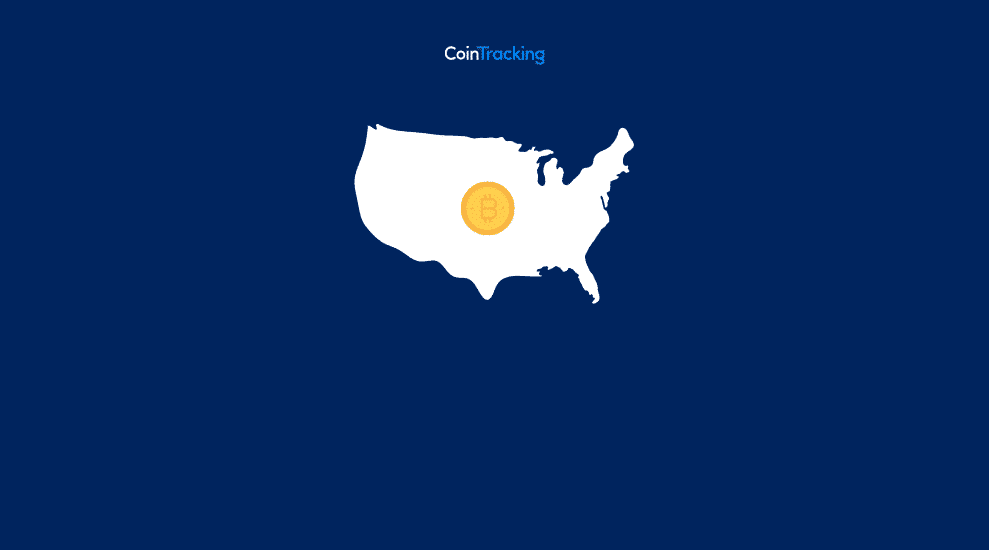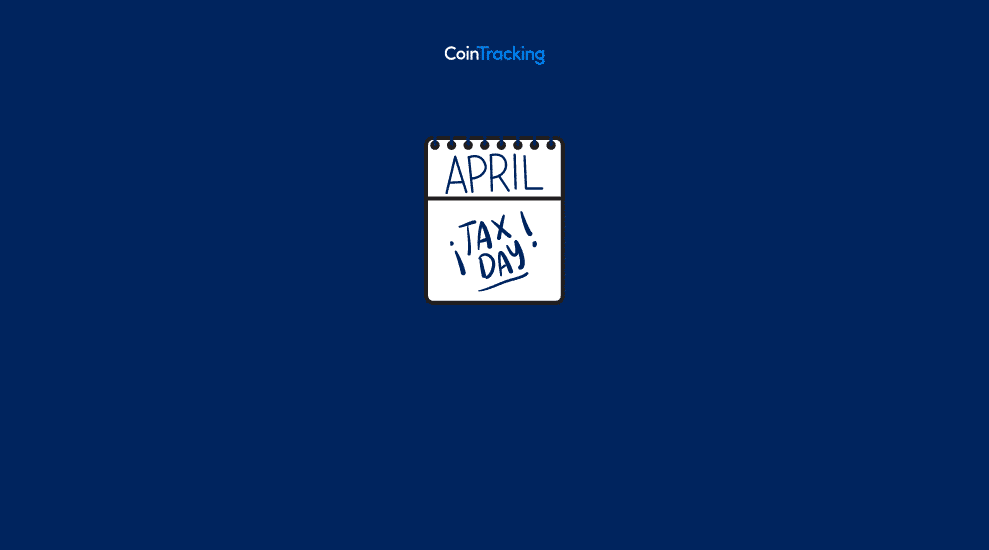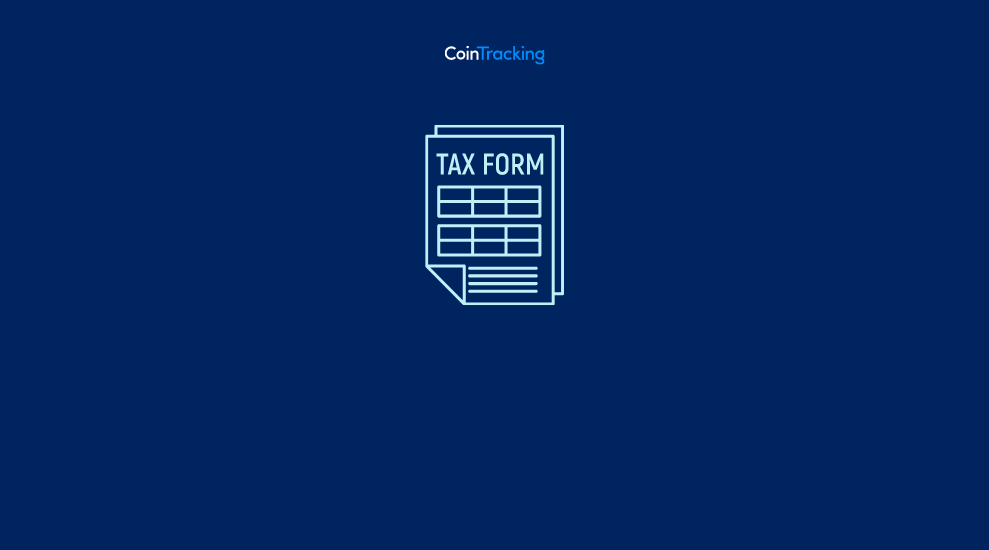The ultimate airdrop tax guide for the US
29 Mar, 2023 · 32 min read
Receiving a crypto airdrop leads to taxes in the US! Do you know how to report it? Airdrops offer new tokens to investors, but that comes with a tax bill attached.
Let’s cover how crypto airdrops are taxed, if they are taxed twice or not, common issues regarding airdrop taxes, reducing airdrop taxes, reporting airdrop tax, and much more!
What is an airdrop?
An airdrop comes in a variety of forms, but they all mean receiving new tokens in your wallet in a similar fashion to what we’ve seen regarding hard forks, usually as part of a marketing campaign for new crypto projects.
Do I have to report airdrops on my tax return?
Yes, you have to report the amount of income that you’ve generated from airdrops on your income tax return.
Every time you receive new crypto tokens from an airdrop, you need to determine their Fair Market Value (in USD). That amount of income needs to be reported in your income tax return.
Airdrop tax overview
Receiving airdrops are taxed at an income tax level in the US, with investors having to report the income they receive.
That amount of income will be reported in your income tax return. The tax rate for the income derived from airdrops will depend on the total income tax bracket of the investor.
How are airdrops taxed in the US?
Income tax for airdrops
When you receive crypto airdrops, you have to recognize the income from those airdrops at the time you received them. You have to determine the Fair Market Value (in USD) of all the airdrops you received at that time and report them on your income tax return.
Capital gains tax for airdrops
After paying income taxes when receiving crypto airdrops, you can hold and later sell them. When you sell, you’ll face a taxable event, subject to capital gains taxes.
Your gain will be the difference between the sales proceeds (when you sell the airdrop) and the cost basis (the FMV you recognized when receiving the airdrop).
NFT airdrops tax
Receiving NFTs as an airdrop will be taxed the same way as regular crypto airdrops. You need to determine the Fair Market Value (in USD) of the NFTs you received at the time you received them.
Are airdrops taxed twice in the US?
Airdrops are “essentially” taxed twice in the US since they are first taxed at an income level when you receive them and then at a capital gains level when you sell the coins you received from the airdrop.
When are airdrops taxed?
Airdrops are taxed based on the Fair Market Value (in USD) of the coins you received, given their market price. Sometimes, it is difficult to track the FMV of these coins if you received different batches of airdrops, or if there’s difficulty in tracking its exact price when you received the airdrop (due to the novelty of the coin).
The best way to keep track of several airdrops is to use crypto tax software and work with a professional crypto CPA who can reconcile all of these transactions and make sure you don’t pay more taxes than you need to.
How to determine the cost basis for an airdrop?
To determine the cost basis of an airdrop, you need to determine its Fair Market Value (in USD) at the time you received it.
For example, you received 100 tokens X on 04/01/2023 when its price was $10. In this case, you need to register $1000 of income from this airdrop, and this will be your cost basis for when you later sell these coins.
Common issues regarding airdrop taxes
Here are the most common issues you might face regarding airdrop taxes:
You are missing some data
One of the most common issues with airdrops is having the right price data for the tokens you received because of the novelty of those coins and the lack of being included in the usual crypto market data providers (e.g., CoinMarketCap).
The price of your airdropped token dropped to almost nothing, or the value of your airdropped token spiked and then plunged
New tokens from airdrop can be highly volatile, and based on the tax code, you really need to determine that income at the moment you receive the airdrop and pay those income taxes even if there are big changes in price in a short-term period.
Your airdrop rewards had no fair market value
In the case of not having proper crypto price data for the new coins you received, the most common advice is for you to wait until there is reliable market data to determine the FMV of your airdrop.
You received an airdrop you didn’t want
If you receive a crypto airdrop in a wallet you have full control and access to, even if you didn’t want that airdrop, you’d still need to determine the FMV of the new coins when you received them and report it as income.
You are a victim of an airdrop scam
If you receive a crypto airdrop, you need to determine the FMV of those coins, even if it’s later revealed to be a scam. Unfortunately, if you lose money from an airdrop scam, you cannot claim a loss in most cases, given it is considered a personal casualty loss, which is not tax deductible.
How to report airdrops on a tax report in the US?
You need to report all the income you have from receiving airdrops in the US. The first step is to determine the Fair Market Value (in USD) of all the crypto airdrops you received at the time you received them.
All that income will be added to your total income for the year (e.g., salaries) and reported in your Form 1040 (income tax return). Your tax rate will depend on which tax bracket you fall based on your ordinary income for the year.
How to reduce airdrop taxes?
Here’s the top ways on how to reduce your airdrop taxes:
Hold for long-term capital gains
One of the best ways to reduce your airdrop taxes is by holding your airdrop for over 12 months before selling for another cryptocurrency of FIAT (e.g., USD).
By doing that, you can enjoy a long-term capital gains tax rate, ranging from 0% to 20%, while if you only held your airdrop for less than 12 months, you’d face a much higher tax rate.
Tax-loss harvesting
You can reduce your crypto taxes by realizing losses (tax loss harvesting) from coins that have lost most of their value and deducting those losses from other capital gains, reducing your overall crypto taxes.
Roth IRAs & 401(k)s
You can reduce your crypto taxes by directing your cryptocurrencies into retirement accounts like IRAs, Roth IRAs, and 401(k)s.
Use a Tax calculator
The easiest way to track your airdrops is with a crypto tax calculator that can automatically track the Fair Market Value of all the different airdrops you receive throughout time.
How to easily calculate airdrop taxes
It’s not easy to track several batches of airdrops without the use of a crypto tax software like CoinTracking.
You can easily import all of your crypto airdrops into CoinTracking, automatically determining their Fair Market Values (in USD).
After tracking all of your FMVs, you can generate tax reports with the information you need to report your crypto taxes, including the income from airdrops.
Airdrop taxes in other countries
Canada
Canada taxes when you sell the airdrops you received at a capital gains level, but does not tax it when you receive them. Find out more in our Canada crypto tax guide.
Australia
In Australia, you have to recognize the income from a crypto airdrop by determining its Fair Market Value (in AUD) at the time you received the airdrop. Discover more about crypto taxes in Australia.
UK
In the UK, you don’t have to pay income taxes when you receive crypto airdrops if you didn’t do anything in return to receive those tokens, but if you later sell them, you’d face capital gains taxes. Read more about crypto taxes in the UK.
Frequently Asked Questions
about airdrop taxes
Conclusion
Crypto airdrops need to be tracked in the US, with investors having to determine the FMV of all the airdrops they receive.
The easiest way to track all the different batches of airdrops is with crypto tax software like CoinTracking where you can automatically import your transactions.
Share this









